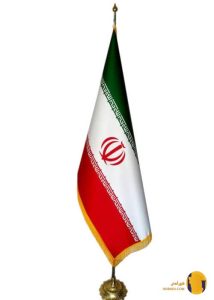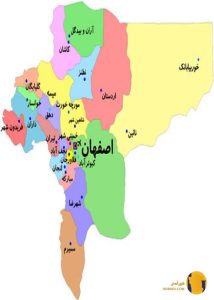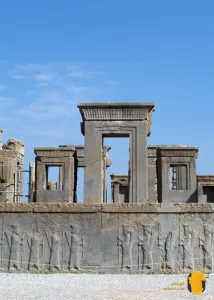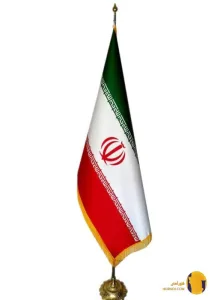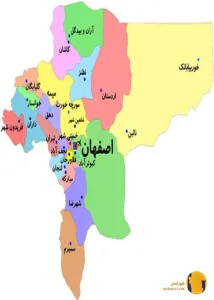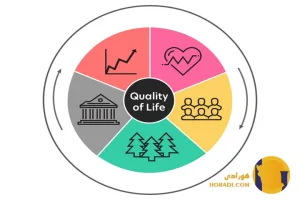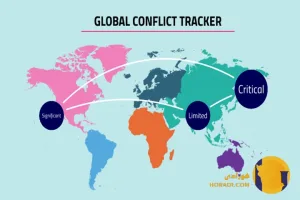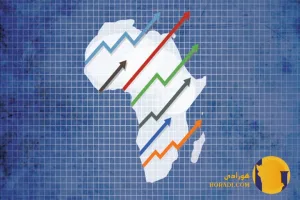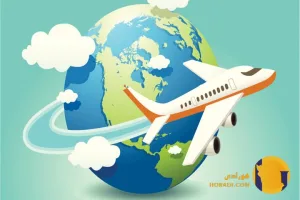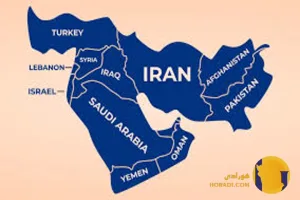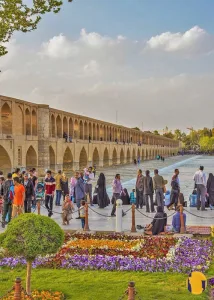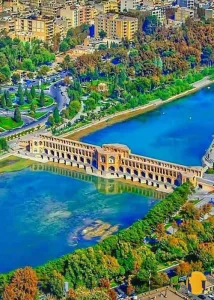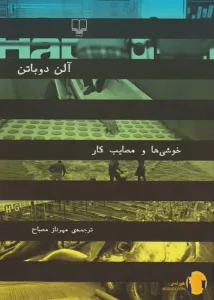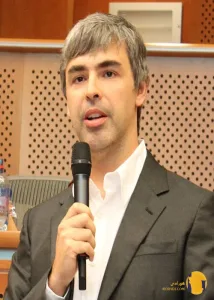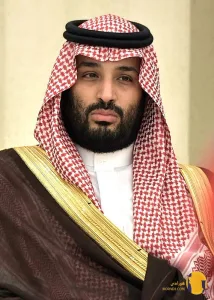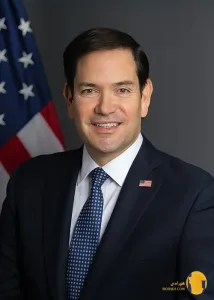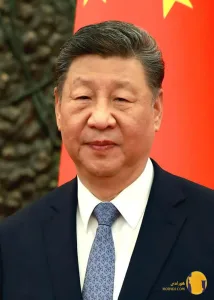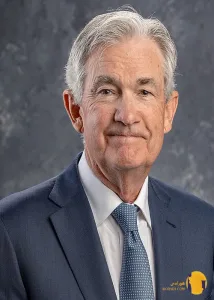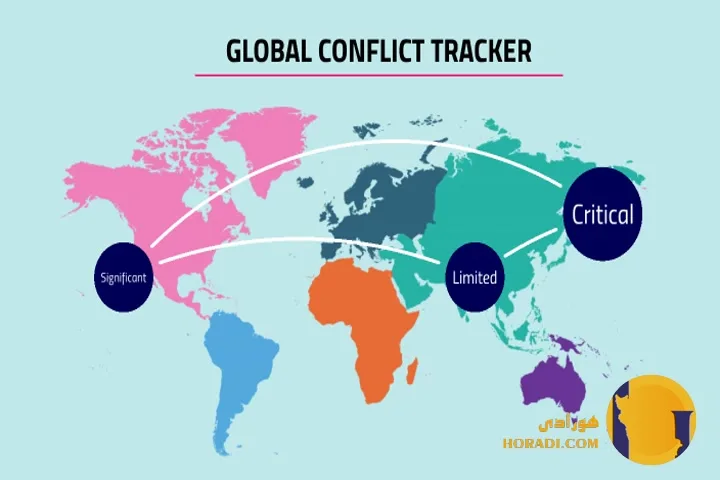
Global Conflicts You Should Be Watching
Global conflicts in 2025 are not only shaping the balance of power between nations but also directly affecting economies, trade, migration, and even the daily lives of millions of people around the world, making it essential to understand where tensions are rising, why they matter, and how they could shape the future of international relations.Global Conflicts You Should Be Watching
With wars, proxy battles, cyber threats, and territorial disputes spreading across multiple regions, the world finds itself in a period of heightened instability that requires global attention and careful diplomacy to prevent further escalation.
Why Global Conflicts Matter in 2025
Conflicts today are no longer isolated to battlefields. In 2025, wars have ripple effects that spread instantly through energy prices, food supply chains, refugee flows, and even online disinformation campaigns. What happens in Eastern Europe or the Middle East can affect job markets in Asia or the cost of living in the US. Understanding these conflicts is not just about politics—it’s about recognizing how interconnected the modern world truly is.
The War in Ukraine and Its Global Impact
The war in Ukraine continues to dominate global headlines. By 2025, the conflict has reshaped European security, strained NATO-Russia relations, and forced countries to rethink energy and defense policies.
Ukraine remains determined in its fight for sovereignty, while Russia’s long-term goals keep Europe on edge. The war’s consequences include
- Energy disruption Europe has largely shifted away from Russian gas, accelerating renewable energy investment.
- Military buildup NATO has expanded its presence in Eastern Europe.
- Global division The war has deepened divides between the West and powers like China and Russia.
This conflict is not only about territory—it’s about the future of the global order.
Middle East Instability
The Middle East remains a hotbed of conflicts in 2025, where shifting alliances and proxy wars continue to destabilize the region. Key areas to watch include
- Israel and Palestine Periodic escalations continue to spark humanitarian concerns and global diplomatic interventions.
- Iran and its neighbors Nuclear ambitions, proxy networks, and strained relations with Western powers keep the region tense.
- Yemen Though less visible in global media, Yemen remains one of the world’s worst humanitarian crises.
The region’s instability also directly influences global oil prices, trade routes, and international security.
Rising Tensions in the Asia-Pacific
The Asia-Pacific is becoming the world’s new geopolitical center of gravity. Several conflicts or potential flashpoints are drawing attention
- China and Taiwan Military drills and rhetoric in 2025 continue to raise fears of conflict that could drag the US and its allies into war.
- South China Sea Territorial disputes involving China, Vietnam, the Philippines, and other nations keep tensions high.
- North Korea Advancements in missile and nuclear programs remind the world of the dangers of escalation on the Korean Peninsula.
The Asia-Pacific is not just about regional security—it’s the heart of global trade, making stability here crucial for the world economy.
Africa’s Security Challenges
While Africa is often discussed in terms of growth and opportunity, conflict remains a major challenge in several regions. In 2025, key conflict zones include
- The Sahel Islamist insurgencies in Mali, Burkina Faso, and Niger continue to destabilize the region.
- Ethiopia Although the Tigray conflict has cooled, ethnic tensions and instability persist.
- The Democratic Republic of Congo Armed groups and competition over mineral wealth keep violence ongoing.
These conflicts are not only local but have international dimensions, as foreign powers and corporations have interests in Africa’s resources and trade routes.
Cyber and Hybrid Warfare
Modern conflicts are not limited to physical battlefields. Cyber warfare has become a defining feature of global conflicts in 2025. Nations are increasingly using cyberattacks to disrupt infrastructure, steal intelligence, and manipulate public opinion.
Examples include
- Power grid attacks that can paralyze cities.
- Online disinformation campaigns that influence elections.
- Financial system disruptions with global ripple effects.
Hybrid warfare—combining military, cyber, and economic tools—has made the global landscape more complex and unpredictable.
Climate Change as a Conflict Driver
In 2025, climate change is emerging as one of the hidden forces behind global instability. Scarcity of water, droughts, rising sea levels, and extreme weather events are fueling disputes over land, resources, and migration.
For example
- In Africa and the Middle East, water scarcity increases tensions between neighbors.
- In South Asia, floods and droughts are driving millions to move, sparking border disputes.
- In the Arctic, melting ice is opening new trade routes but also raising tensions among global powers competing for control.
Climate-driven conflicts may become some of the most urgent challenges in the decades ahead.
The Role of Global Institutions
In the face of these conflicts, global institutions such as the United Nations, NATO, and regional organizations are under pressure. Critics argue they are struggling to adapt to new types of conflict, while others believe they remain essential for preventing escalation.
Peacekeeping missions, diplomatic talks, and humanitarian aid remain tools, but their effectiveness in 2025 is often questioned, especially in the face of powerful states unwilling to compromise.
Looking Ahead What the Future Holds
Global conflicts in 2025 remind us that peace and stability cannot be taken for granted. From Ukraine to the Asia-Pacific, from Africa to cyberspace, tensions are shaping the 21st century in ways that will affect generations to come.
The key question is whether global powers will choose cooperation over competition, and whether humanity can adapt to the interconnected challenges of security, technology, and climate change. The answers will define not only the future of international relations but also the quality of life for billions of people worldwide.




